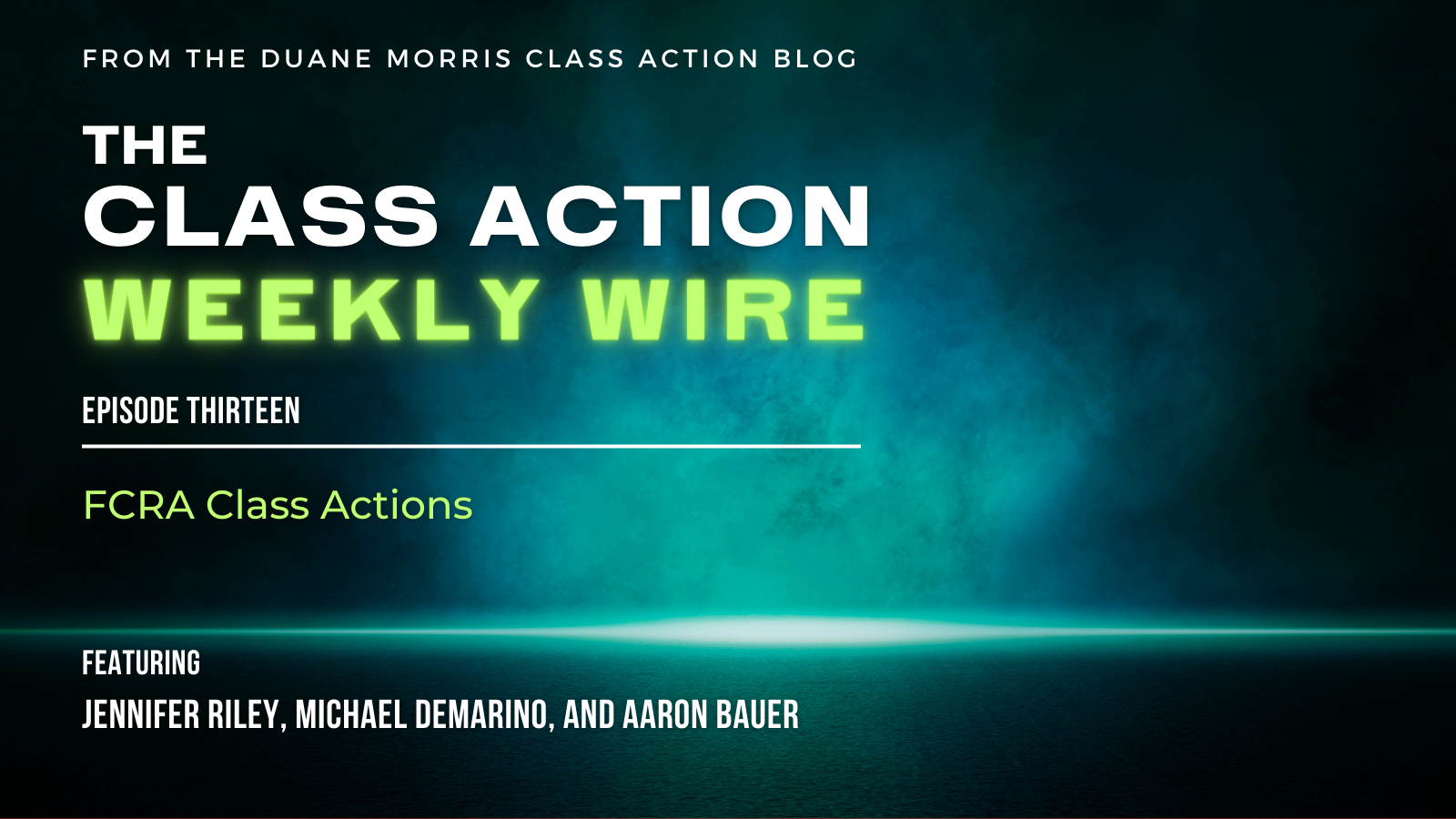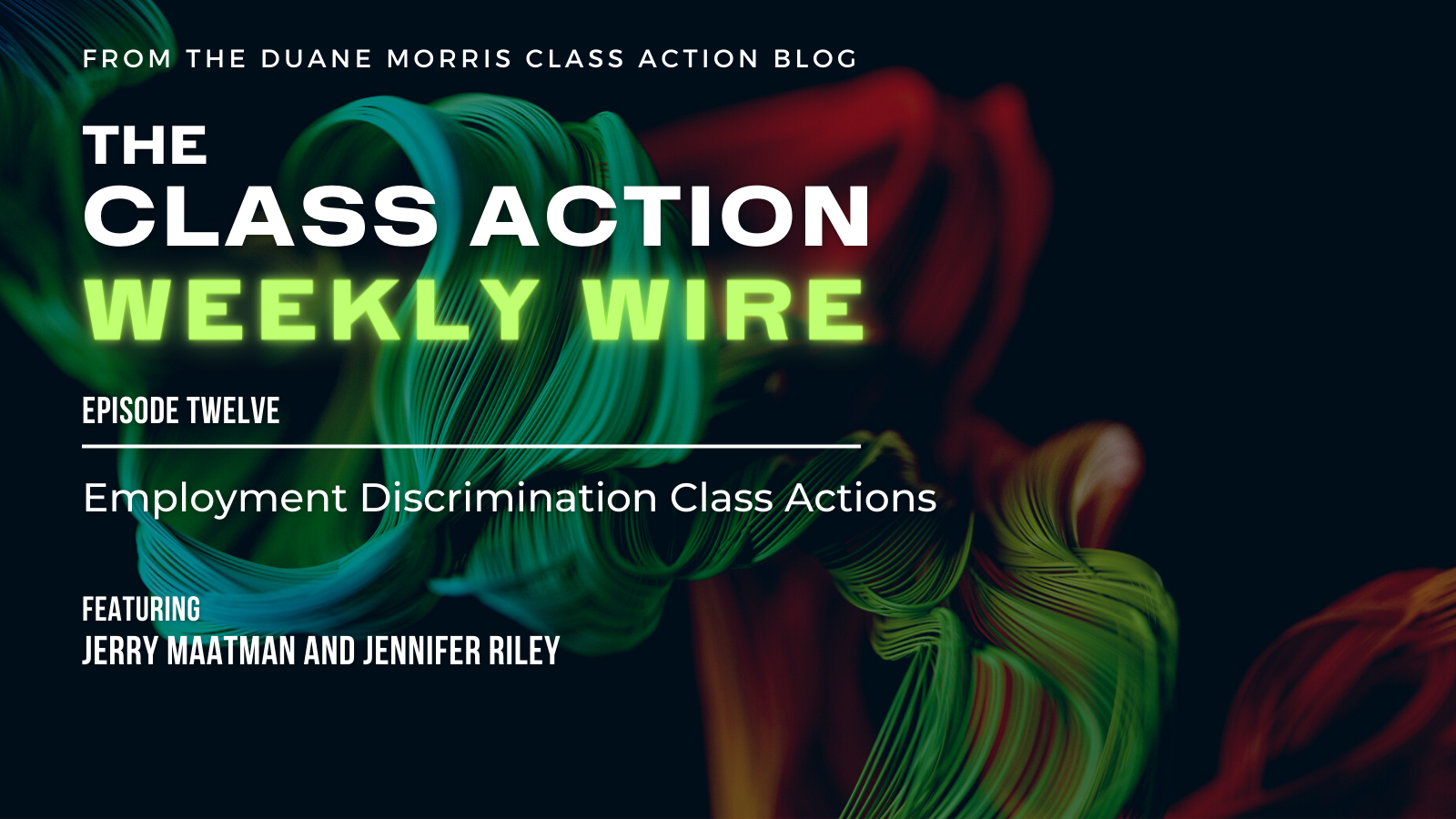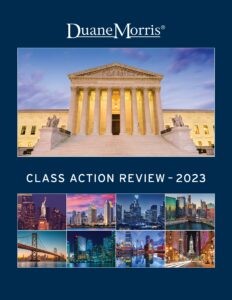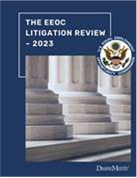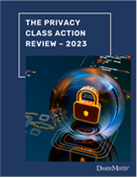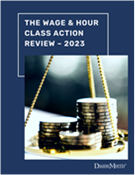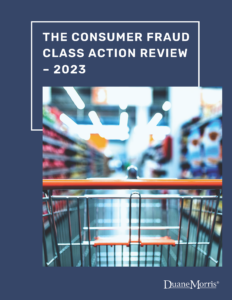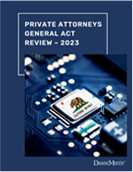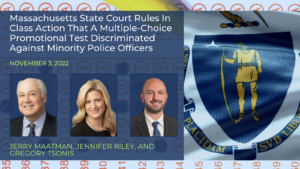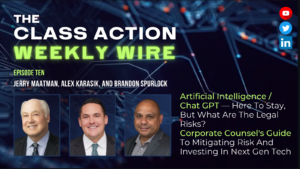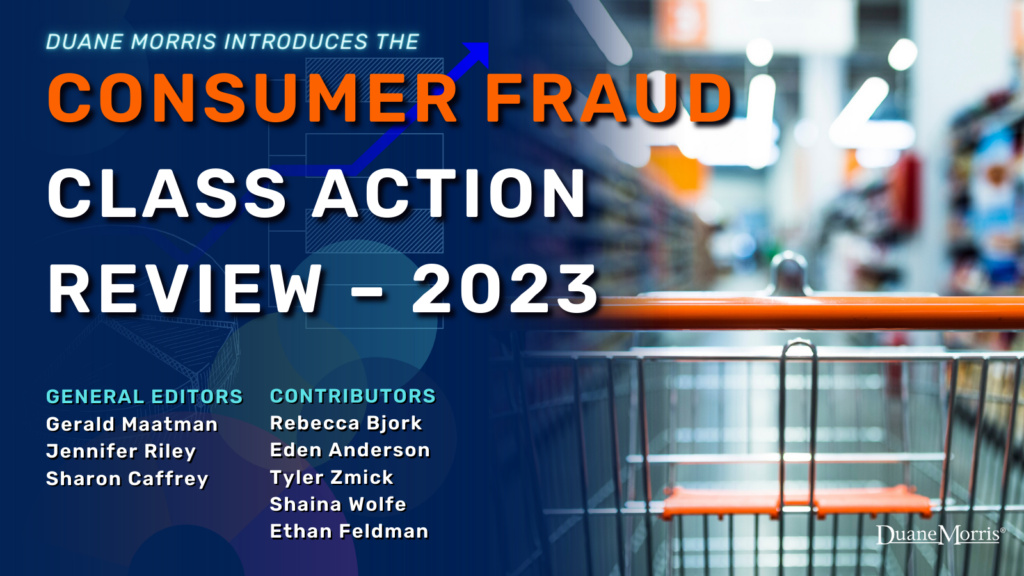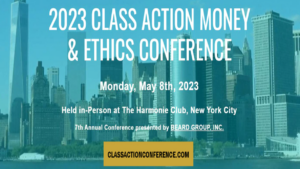 By Gerald L. Maatman, Jr., Brad A. Molotsky, and Gregory S. Slotnick
By Gerald L. Maatman, Jr., Brad A. Molotsky, and Gregory S. Slotnick
Duane Morris Takeaways: In Zanetich v. Walmart, Inc., Case No. 1:22-CV-05387 (D.N.J. May 25, 2023), a case of first impression, the Judge Christine O’Hearn of the U.S. District Court for the District of New Jersey found the New Jersey Cannabis Regulatory, Enforcement Assistance, and Marketplace Modernization Act (“CREAMMA”), the 2021 law legalizing recreational marijuana use in the state, does not allow job applicants and employees to file lawsuits alleging adverse actions based on marijuana use. The ruling is a boon for employers across New Jersey, who will not face the possibility of private lawsuits filed by applicants and employees based on adverse employment actions by employers for their workers’ off-duty marijuana use. However, the victory may be short-lived, as the Court invited re-examination of the law by way of legislative amendment, enforcement guidance, or New Jersey state court clarity on application of the state’s common law “failure to hire” theory to claims under the CREAMMA.
Case Background
On January 21, 2022, the plaintiff applied for a job with defendants in the Asset Protection Department in one of defendants’ New Jersey locations. A few days after his January 25, 2022 interview, on January 28, 2022, defendants offered plaintiff the job, beginning on February 7, 2022, “subject to him submitting to and passing a drug test.” Id. at 2. Plaintiff alleged that at the time, the defendants had a Drug & Alcohol Policy that stated “any applicant or associate who tests positive for illegal drug use may be ineligible for employment,” which included marijuana. Id.
After plaintiff took a drug test on January 21, 2022 and tested positive for marijuana, he contacted defendants on February 10, 2022 for an update on his application. Two days later, defendants informed Plaintiff that his job offer would be rescinded. When plaintiff asked for the reason for this decision, he was advised it was because he had tested positive for marijuana.
On June 13, 2022, plaintiff filed a class action lawsuit on behalf of himself and others similarly situated asserting two claims, including: (i) violation of the CREAMMA; and (ii) failure to hire and/or termination in violation of New Jersey public policy.
The defendants filed a motion to dismiss the complaint, arguing that the CREAMMA does not provide a private right of action and that New Jersey common law does not recognize a cause of action based on an employer’s failure to hire. In response, the plaintiff argued that the CREAMMA provides for an implied private cause of action and that his common law cause of action was cognizable as both a wrongful termination and failure to hire.
The Court granted the defendants’ motion in its entirety, dismissing both claims.
The Court’s Ruling
The Court noted the parties agreed there is no explicit private cause of action in the CREAMMA and undertook a three-part analysis to determine whether the CREAMMA included an implied private cause of action.
First, the Court held that the CREAMMA’s focus was on regulating the manufacture, sale, and use of marijuana in NJ – not expanding employment rights for applicants and employees. However, it ultimately read the statute liberally to include plaintiff in the class of persons for whose special benefit the statute was enacted. This factor, the Court concluded, weighed in favor of an implied private cause of action.
Second, the Court looked to legislative intent. It reasoned that other employment statutes adopted by the NJ legislature, such as the Conscientious Employee Protection and the New Jersey Law Against Discrimination, explicitly provide for a private cause of action. The Court found that the other employment statutes also expressly provide for a remedy, and that the CREAMMA did not provide either, which weighed against a private cause of action. The Court opined that unlike the CREAMMA and the New Jersey Cannabis Regulatory Commission (“CRC”), cases from other states finding an implied private cause of action in similar employment-related provisions in other state’s medical marijuana statutes involved statutes that are distinct in that no agency or commission was created and tasked with enforcement of the statute. In other words, creation of the CRC and tasking it to handle all aspects of enforcing the CREAMMA differentiated New Jersey from the other states.
Third, the Court determined that the legislative scheme of the CREAMMA does not support an inference that it provides an implied private cause of action given its delegation of authority to the CRC to create regulations and enforce violations. As such, the Court dismissed plaintiff’s CREAMMA claim.
Finally, the Court held that New Jersey common law does not provide a cause of action for failure to hire, and that plaintiff was only offered a job subject to his passing a drug test; he was never employed by defendants. Since plaintiff was never employed by defendants, the Court concluded that he failed to state a wrongful discharge claim because a failure to hire claim cannot support a common law wrongful discharge claim under New Jersey law.
Implications Of The Decision
For the moment, businesses in New Jersey have a viable defense to individual or class action claims brought by recreational marijuana users for adverse actions taken against them due to their use. This includes the ability to rescind conditional job offers to applicants who fail a drug test for marijuana. However, the Court noted that its decision left the plaintiff without a remedy and rendered the language of the CREAMMA employment provision at issue “meaningless.” The Court called on the New Jersey legislature, the CRC, or the New Jersey Supreme Court to act. The Court even mapped out suggestions to allow workers to sue for remedial relief, including: (i) amending the law; (ii) adopting regulations allowing the CRC to enforce the provision; or (iii) issuance of a New Jersey Supreme Court decision finding it appropriate to depart from prior New Jersey common law rejecting failure to hire claims based on the CREAMMA’s statutory language. In fact, shortly after the Court published its opinion, plaintiff appealed the decision to the Third Circuit Court of Appeals. As a result, New Jersey-based employers should stay tuned to the appeal and proceed with caution before taking adverse action based on applicant or employee recreational marijuana use.


